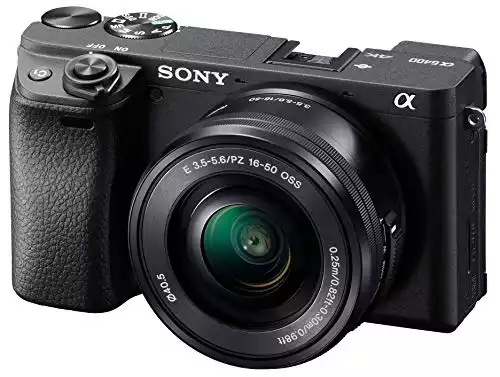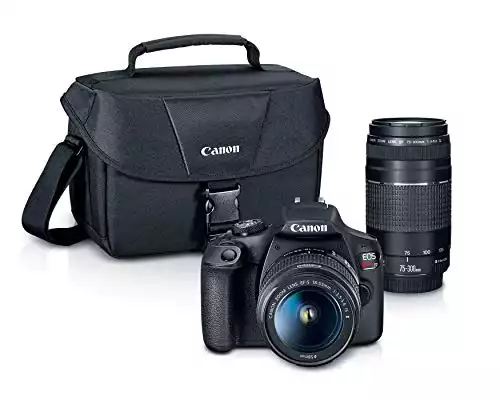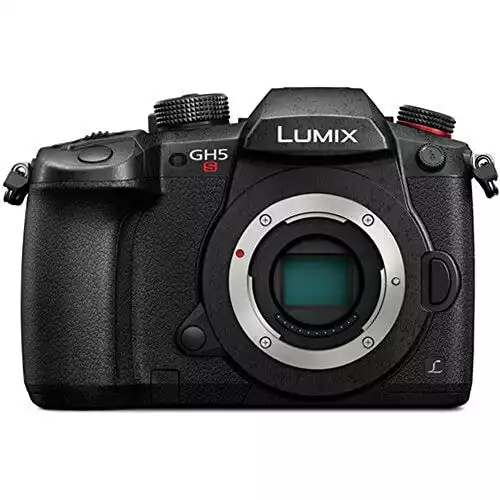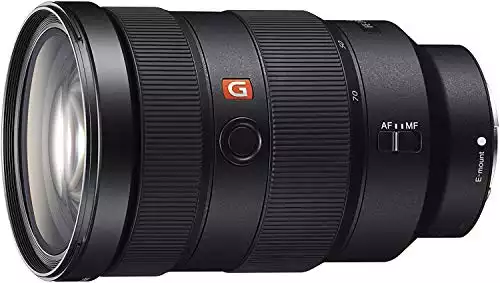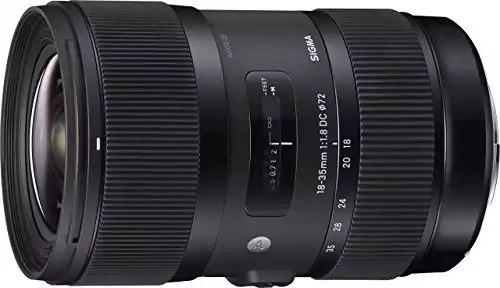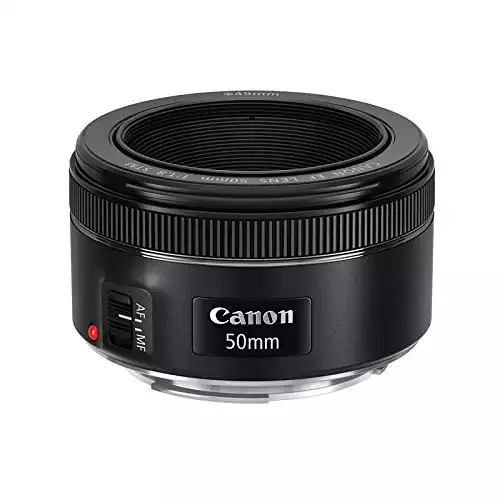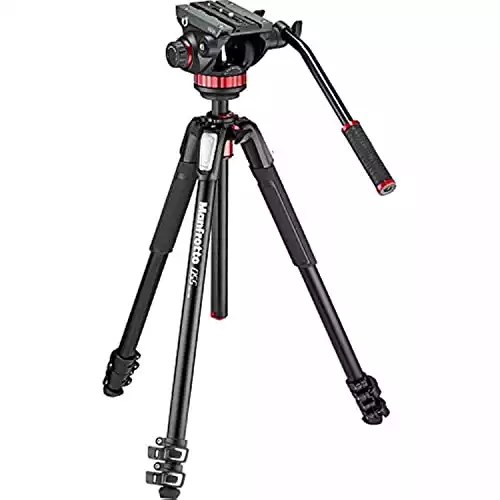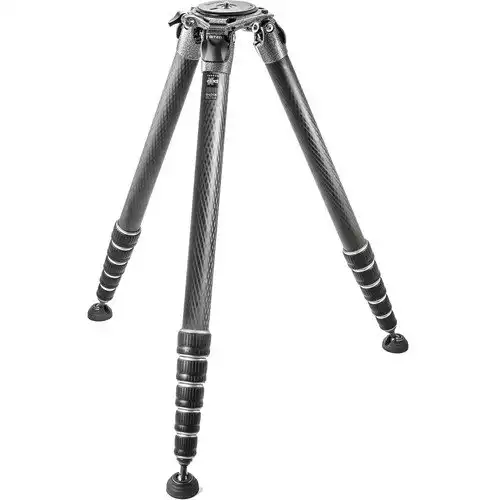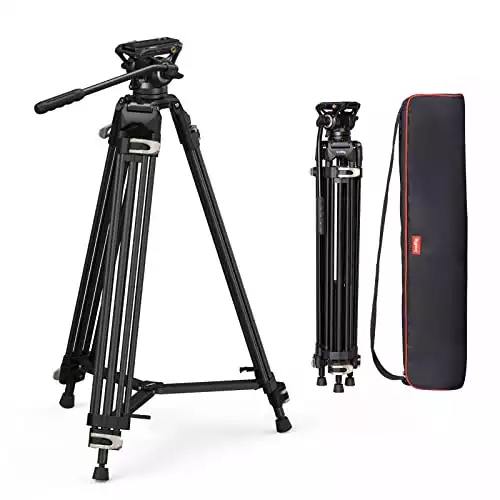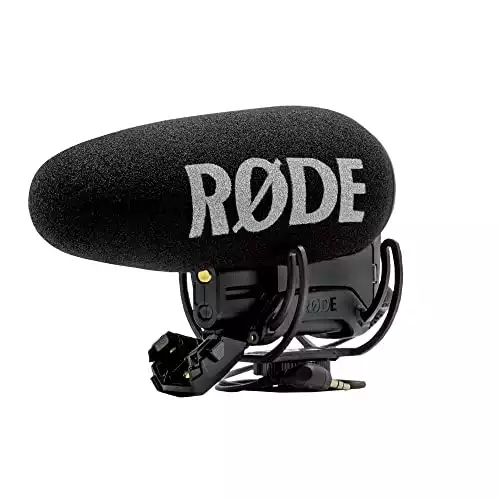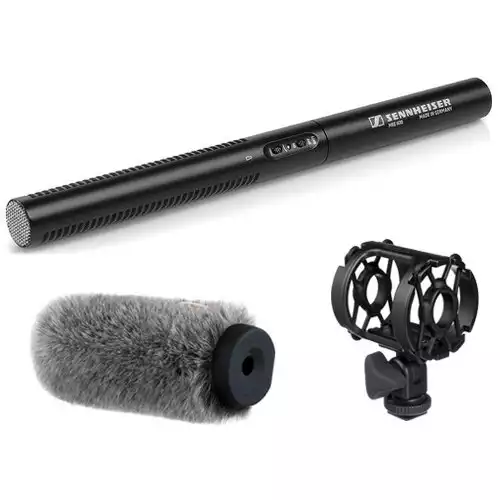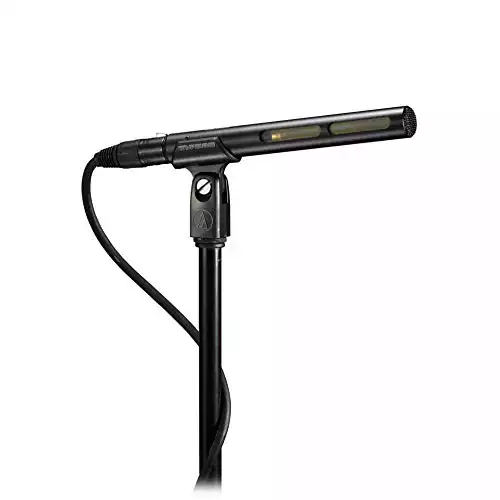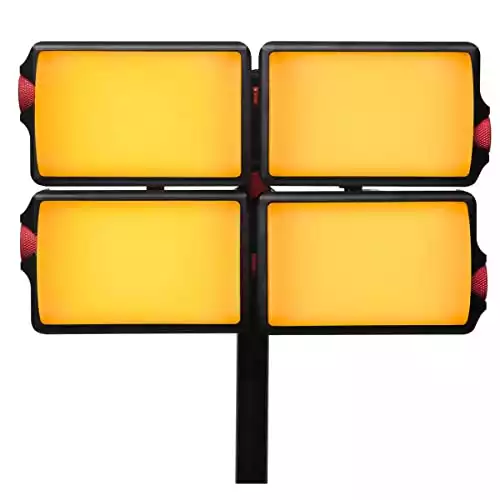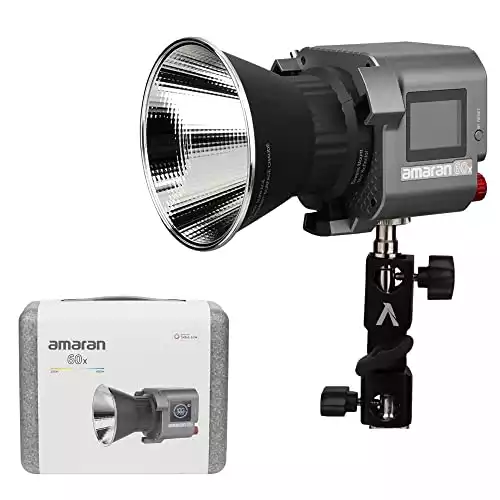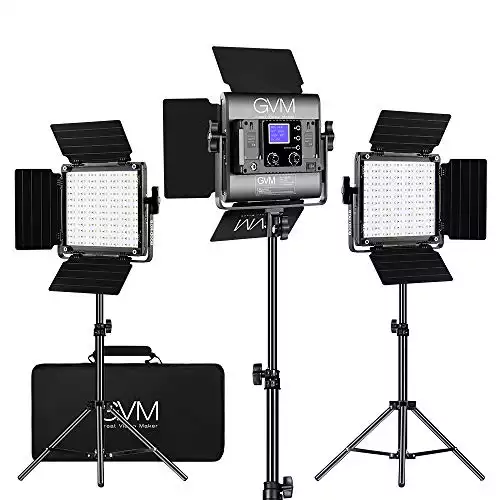Starting out with filmmaking can be exciting and overwhelming. One of the funniest parts of my early years was researching and building my gear kit. When it comes to building your kit, there are thousands of places to start. With different accessories, cameras, and lenses, remembering everything you need to get started can be a daunting task. In this article, I’ll cover the essential gear you’ll need to build your filmmaking starter kit and keep it under $5,000! Let’s Go!
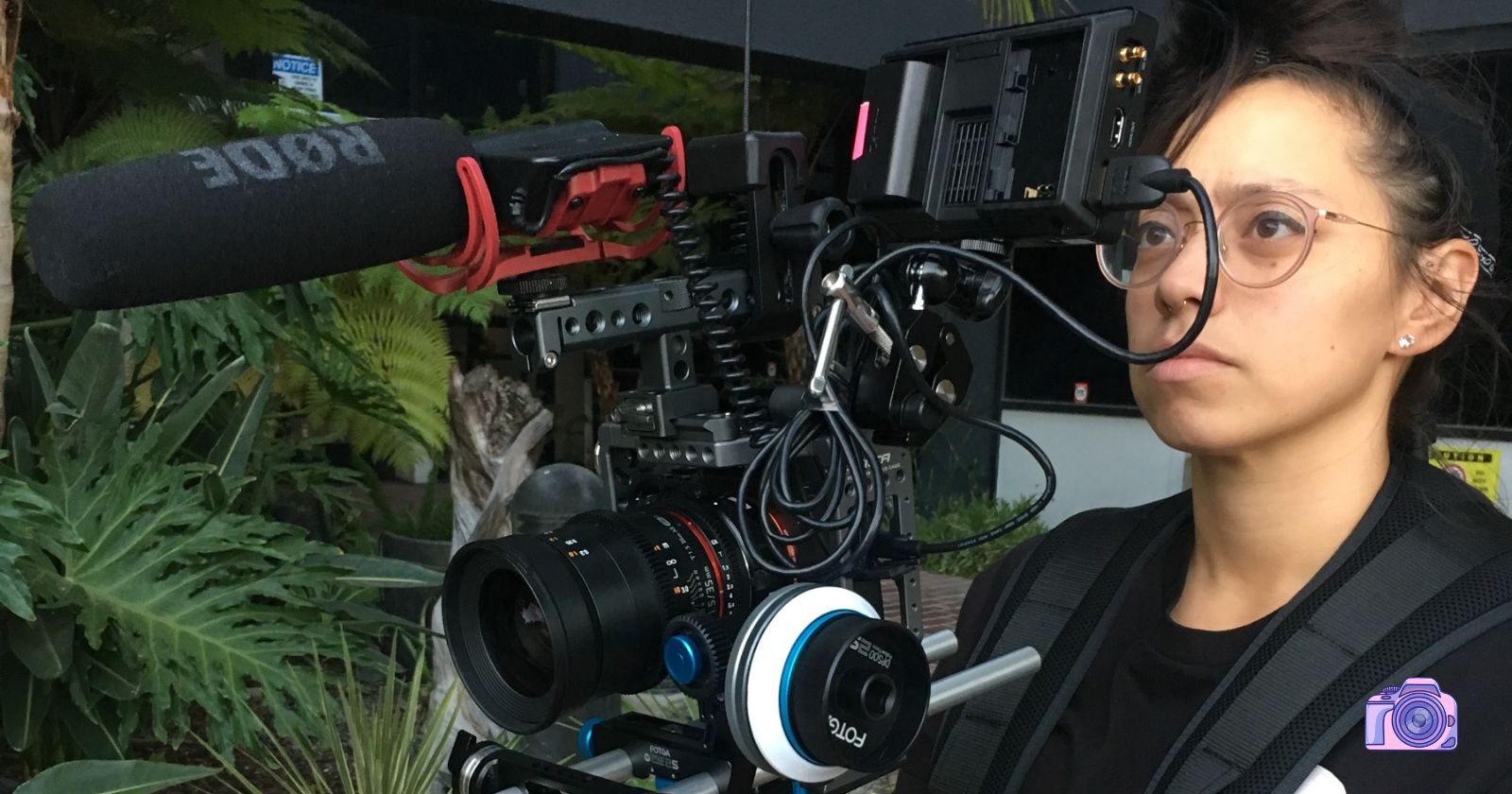
Cameras
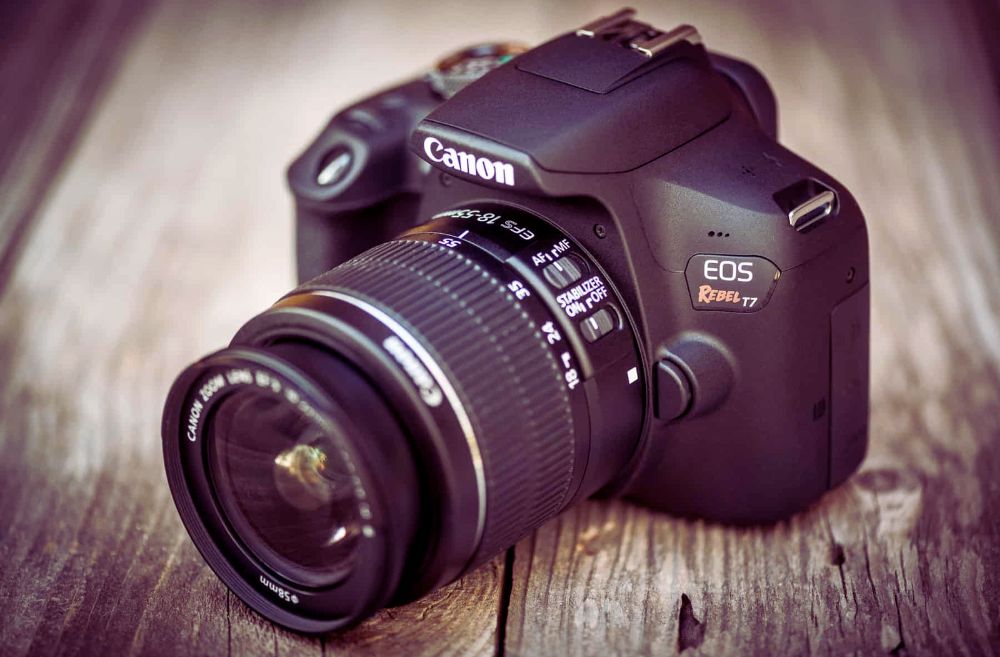
The first piece of gear you should start with in your filmmaking starter kit is a camera. Things you should consider for your camera should include image quality, lens options, usability, and accessories. In usability, you should consider things like weight and mounting options for external monitors, receivers, or microphones. Other accessories to consider are batteries and memory cards. We’ll get into those later, but be mindful of how expensive spare batteries and memory cards are for your camera.
Here are a few cameras that are great for beginners:
|
5.0
|
4.5
|
4.0
|
|
|
$599.00
|
$2,097.99
|
Sony a6400 (Ashleigh’s Choice)
This mirrorless camera is lightweight, has fast autofocus, and excellent video capabilities. – Ashleigh’s Choice
Canon EOS Rebel T7
This camera is easy to use and has excellent image quality. Canon lenses also use an EF mount, which provides various lens options.
Panasonic Lumix GH5S
This Micro Four Thirds camera is known for its great video capabilities, image stabilization, and variety of lens options.
To see a film shot on the Panasonic Lumix GH5S, check out my film, Legacy.
Lenses
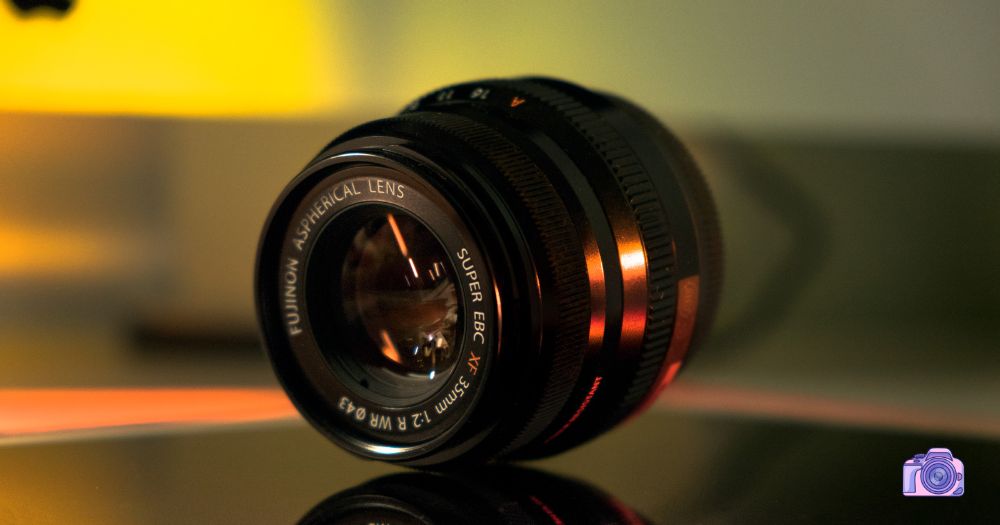
Once you’ve chosen your camera, next comes lenses! Lenses can oftentimes cost more than your camera body. Keep in mind your lenses are the “eyes” of your project. Lenses have a high impact on the look and feel of your film. Another thing to note is depending on the lens and your camera body, you may need a lenses adaptor. I personally swear by Metabones.
Here are a few lenses to check out for beginners.
|
5.0
|
4.5
|
4.5
|
|
$1,598.00
|
$659.00
|
$125.00
|
Sony FE 24-70mm f/2.8 GM (Ashleigh’s Choice)
This lens is perfect for shooting in low light and capturing a wide range of shots.
Sigma 18-35mm f/1.8 DC HSM Art
This lens is perfect for capturing a wide range of shots, from wide-angle to close-up.
Canon EF 50mm f/1.8 STM
This lens is affordable, versatile, and great for low-light shooting. The nifty 50 is a great fixed prime lens for close-up and intimate shots.
OR Here’s a great article about film lenses and when to use them.
Tripods
Tripods are essential for getting steady shots and capturing smooth footage. When looking into tripods, you should consider their ease of use, durability, weight, and weight load.
Here are some tripods to look into:
|
5.0
|
4.7
|
4.4
|
|
$439.95
|
$1,899.00
|
$168.99
|
Manfrotto 502AH Video Head & MT055XPRO3 Aluminum Tripod Kit (Ashleigh’s Choice)
This tripod boasts a 22-pound payload with extra support for film rigs and matte boxes.
Gitzo GT5563GS Systematic Series 5 Systematic Tripod
While this tripod is the most expensive, the carbon fiber build makes this a solid investment in your kit.
SmallRig AD-01 Heavy-Duty Tripod with Fluid Head
This tripod is lightweight, compact and easy to use.
Microphones
Bad audio is too frequently a sign of a novice production. Investing in a good mic can make a huge difference between a good and a great film. For more about microphones and pickup patterns, check out this post.
Here are some microphones that work great for beginners and pros:
|
5.0
|
4.6
|
4.3
|
|
$295.00
|
$359.00
|
$169.00
|
Rode VideoMic Pro+ (Ashleigh’s Choice)
This shotgun microphone is great for capturing high-quality audio in a variety of settings.
Sennheiser MKE 600
This shotgun microphone is perfect for outdoor shooting and is known for its high sensitivity and low self-noise.
Audio-Technica AT875R
This microphone is perfect for capturing dialogue and is known for its clear and accurate sound.
Lighting
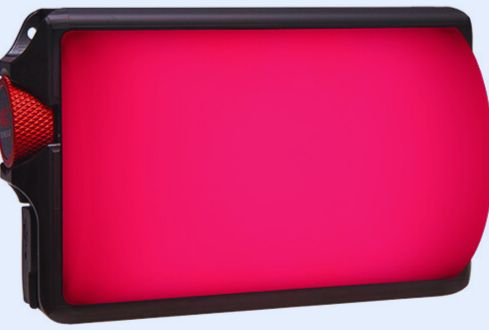
Lighting is too often overlooked in a filmmaking starter kit. Even subtle lighting can have a huge impact on the overall look and feel of your film, especially with cameras and lenses having a sweet spot when filming with optimal lighting. When looking for lighting, you should consider lights that are versatile, easy to use, and offer good color accuracy.
Here are a few options for lights to add to your filmmaking starter kit:
|
3.5
|
3.5
|
3.5
|
|
$1,102.21
|
$199.00
|
$359.00
|
DMG Lumiere DASH CRMX/W-DMX Quad Kit (Ashleigh’s Choice)
While a bit pricier, this kit comes with 4 individual lights that can be separated or can work together to create one large light. We swear by our kit, especially to level up our productions with powerful, tiny lights.
Amaran COB 60x Bi-Color LED Monolight
This LED light is powerful, affordable, and has a variety of lighting modifiers available.
GVM 800D-RGB LED Light Panel (3-Light Kit)
This budget-friendly LED 3-light kit is perfect for filming on the go.
For more about cinematic film lighting, watch this video by Studio Binder.
Accessories
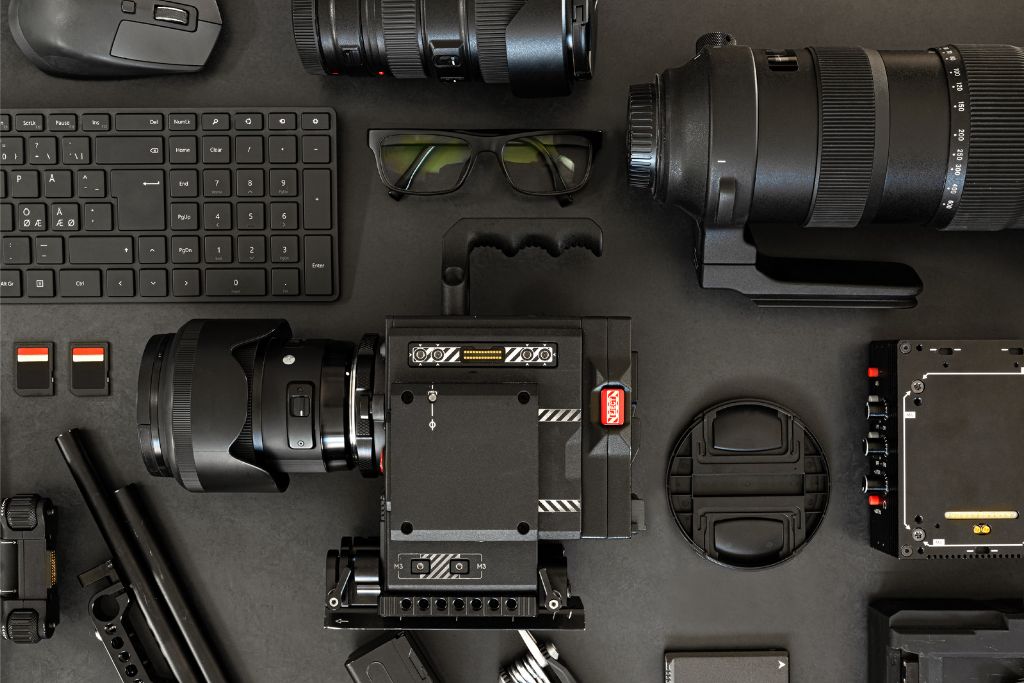
In addition to the essential gear mentioned above, there are a few additional accessories that can be helpful for a filmmaking starter kit:
SD cards:
You’ll need these to store your footage. These can range in price and quality. Be sure to check your specific camera with which type of SD card you’ll need. Don’t forget to consider a card reader for specialty cards such as Compact Flash cards.
Camera bag:
A camera bag will help you keep your gear organized and protected when on the go. Your camera bag could be versatile in storing all your gear on the go. Don’t forget to get one to protect your gear. Alternatively, you can also store your gear in hard cases. With a wide variety of hard cases, it can be a hard world to navigate. If you need help looking into hard cases, check out this article
Extra batteries:
You don’t want to run out of battery during a shoot, so it’s always good to have a few extras on hand. Spare batteries can cost you hundreds of dollars, but be careful by using budget camera batteries. Some budget batteries don’t give your camera enough power, or alternatively, can give your camera too much power, which could cause malfunctioning.
Filters:
Neutral density (ND) filters and polarizing filters can help you control the light and create specific looks in your footage. This is particularly important when filming outdoors. ND filters also come in different sizes for different lenses. ND filters also vary in price depending on brand and how many stops of light control they have.
External hard drive:
To keep your footage backed up and safe, having an external hard drive to store your files is always a good idea. Be mindful of getting an external hard drive with great read/write speeds for editing, which could be a little pricier.
External Monitors:
While not necessarily a must-have, external monitors can help you see your footage clearer, especially while filming outside. For more about what to look for with external monitors, check out this article I wrote
And Here’s Your $5,000 Filmmaking Starter Kit:
Below are my top recommendations for a beginner filmmaking starter kit!
Conclusion
Creating a filmmaking starter kit can be a challenging task, but with the right gear, you can create professional-looking films in no time. Your gear should suit your needs, budget, and style of filmmaking. Don’t forget all the extra accessories you’ll need to make your vision come to life.
You can showcase your unique vision and creativity to the world with a great kit and some practice. Let me know your favorite gear in your film kit in the comments! I hope this helps you build your filmmaking starter kit. Happy filming!
